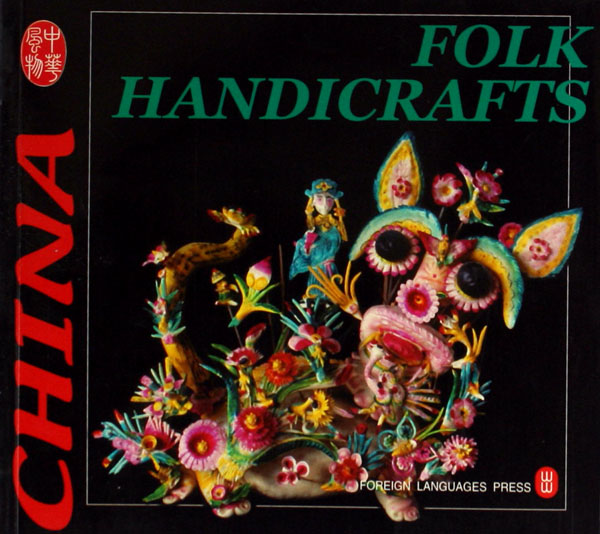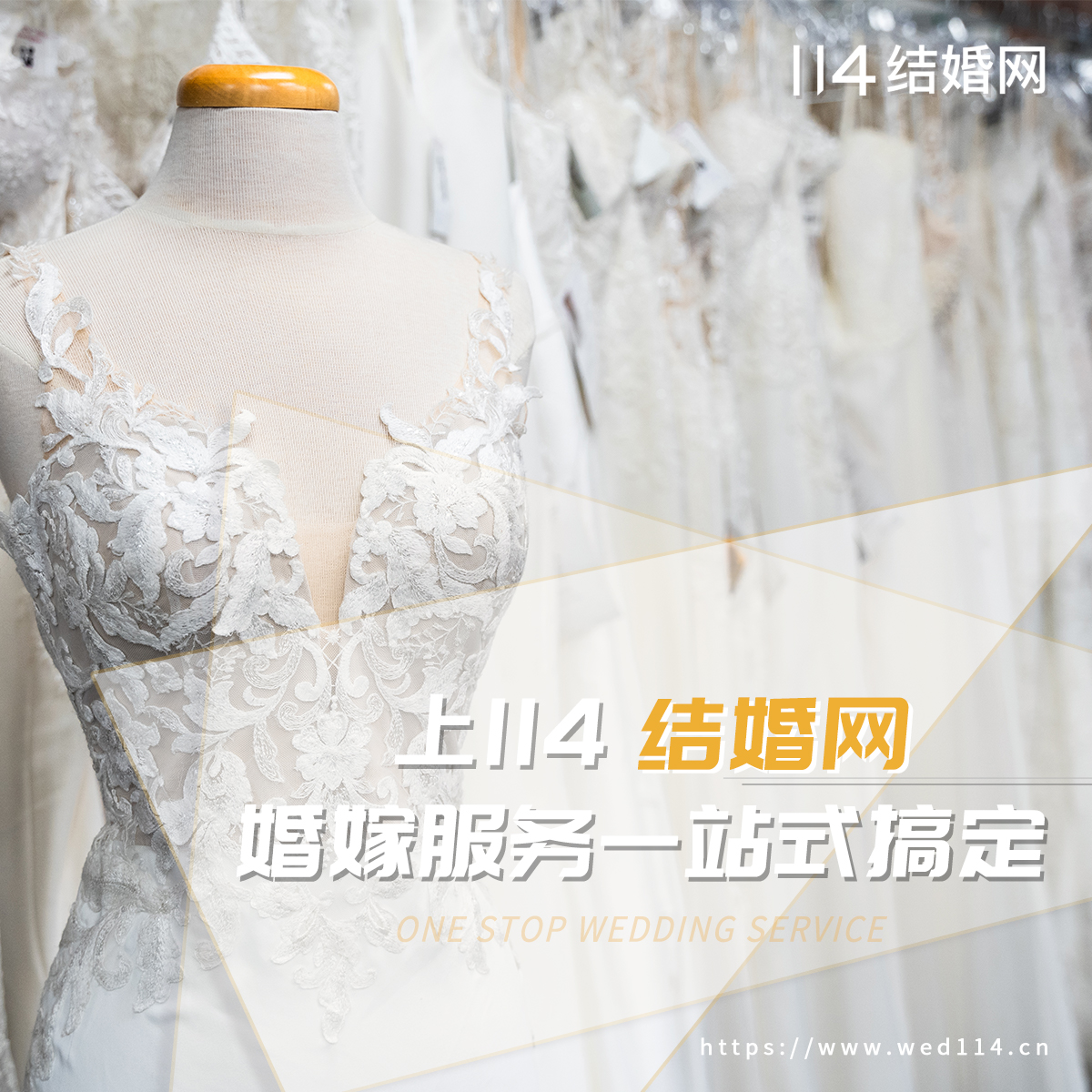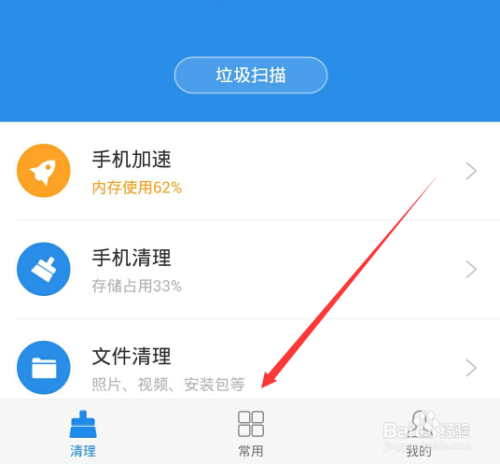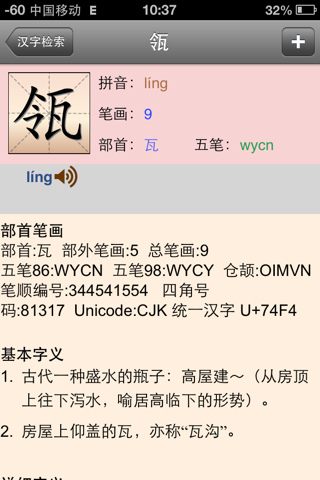一、各地风俗习惯(英文)
The maldives custom taboo
Maldivians polite and etiquette. When they meet each other's hand hold. Maldivians simplicity and hospitable. Friend home, master will take home is the best food to entertain guests. Maldivians with Islam is the state religion, there are many religious traditions, such as alcohol, fasting pork, daily prayer five inferior.
British custom
British people all the rules. Their car driving direction and other European countries. Based on the English speakers will be conceited, besides English, British people won't speak other languages.
German customs
The germans, there is a genuine efficient reputation. Germany's personal relationship is very negotiators serious. In all cases used to wear a suit (don't hand in his pocket, it is considered rude performance). Gift to personally, even in the name of the company.
Italian custom
Italian people less than the germans, and gives some stereotypes in passion. But in dealing with business often don't move feeling, make decisions, and not slow to consult with aides, but unwilling to rush.
Spanish customs
Spanish emphasis on individual credibility, would rather suffer some loss is not willing to publicly admitted mistakes. If you think they are in agreement was accidentally lost to help them, then permanently win their trust and friendship.
Singapore custom taboo
Singapore is a multi-racial country and many religions, therefore, should pay attention to respect the different racial and religious people's habits and customs. Such as, visiting mosques must take off shoe, can enter lady wearing shorts or exposure skirt, nor enter the prayer hall
South Korean custom taboo
Social etiquette
South Korean people advocate Confucianism, respect the elders, when everybody to elderly house stood up and asked them well. And when talking to elderly picked sunglasses. After morning and greeting to parents, Parents and children will go back to meet others to eat. When the bus, gives his seat to old people. Pick up. When having a meal for the elderly or elders should start serving shengfan, old man, others move chopsticks to eat. When the bus, gives his seat to old people.
Korean traditional etiquette is met the bow, junior, lower when walking elder or higher, should meet and greet, bowing stood, its first, as a mark of respect. Between man and his greeting each other bow handshake, shake hands, or use or left, and only once. Bow in business etiquette in use. And south Korean officials deal with general can shake or gently nod your head. Women generally don't shake hands with people.
In the social collective and dinner, and separate socially, even at home or in restaurants.
In South Korea, if someone invites you for dinner, you eat or home should bring small gifts, had better choose packaged food. Starting with toast, the right hand beer bottles, TuoPing left, then again finally bowing to remarks, poured wine, and for three cups. People should put his toast glasses were low, with some of his cup to each other's cup rim. And again after drunk a nod to leave. As a guest, master not let you visit the whole house, not his everywhere around. You should leave, master walk you to the door to door, then, even say good-bye.
Korean hands after gifts in front of the guests, but not face open. Not send to Korean foreign cigarettes. Wine is the best gift to send Korean men, but cannot send wine to women, unless you this wine is for her husband. In giving gifts should pay attention to the south koreans, Korean men like famous textile, tie, lighter, electric razor. Women like cosmetic bag, scarf, gloves, such items and the kitchen with seasoning. Children like the food. If you send money, should be in an envelope.
If you have visited must agreement in advance. Korean attaches great importance to the reception and dinner exchanges in the hotel bar commonly held little madam, or present.
no-no
Government regulation, South Korea's national anthem and flag, citizens of royal must respect. Not only radio broadcast movie and the national anthem, the timing is put before the screening performance shall stand up the national anthem, the audience. Foreigners in the place such as performance, can be considered too shabby in South Korea is the ungodly.
Korean taboo. Holiday when they meet each other, cannot say unlucky, more can't angry, fight. Lunar month first three garbage, sweeping, not more cannot kill chickens slaughtered pigs. HanShiJie avoid fire. Animals are arranged marriage, avoid thinking gram one-day. Fishermen eat fish because of envy, not turn capsized. Avoid to someone's house, or two nails JieYuan after death. When eating with your hat, or avoid lifelong poor. When sleeping, otherwise read book avoid pillow. Avoid death in the dog, otherwise will die in three years.
With the seniors, with sitting posture to correct. Because of the Korean table is short legs, put on, DeHang onto dinner, BinZhu should be sitting cross-legged on the ground. If the elders sitting on his knees before should be on foot motherboard, no matter who, absolutely cannot take double leg unbend or opened, otherwise you'll be considered impolite or insult people. End ask permission before, not in the superior, the elder, not to smoke before the lend fire or - pitched battles raged between. Don't make noise when eating, does not talk. Enter family homes or Korean restaurant should take off your shoes. In the streets to eat, and in the sight of men, are biow considered rude.
In South Korea, north Korea do not mention "dirty", also don't say ", "city" in Seoul, South Korea. Photography in strict, military facilities, airports, reservoir, subway, national museum and places of entertainment are forbidden in the air as object, and the high-rise buildings in the forbidden pictures are also listed.
马尔代夫风俗禁忌
马尔代夫人讲礼貌,重礼节 他们相见时互相拉住对方的手问好。马尔代夫人纯朴、好客。朋友到家,主人会拿出家里最好的食物款待客人。马尔代夫人以伊斯兰教为国教,有许多宗教习俗,如禁酒、禁食猪肉、每天祷告五次等。
他们相见时互相拉住对方的手问好。马尔代夫人纯朴、好客。朋友到家,主人会拿出家里最好的食物款待客人。马尔代夫人以伊斯兰教为国教,有许多宗教习俗,如禁酒、禁食猪肉、每天祷告五次等。
英国风俗习惯
英国人凡事都循规蹈矩。他们的汽车行驶方向和欧洲其他国家正好相反。基于将英语作为母语的自负,除了英语外,英国人不会讲其他语言。
德国风俗
德国人,有一种名副其实的讲究效率的声誉。德国谈判者的个人关系是很严肃的。要习惯于在所有场合下穿一套西装(不要将手放在口袋里,这被认为是无理的表现)。馈赠要针对个人,即使是以公司的名义。
意大利风俗习惯
意大利人比德国人少一些刻板,比法国人多一些热情。但在处理商务时通常不动感情,做出决策较慢,并不是为了同幕僚商量,而是不愿仓促表态。
西班牙风俗
西班牙人强调个人信誉,宁愿受点损失也不愿公开承认失误。如果你认为他们在协议中无意受到了损失而帮助他们,那么便永久地赢得了他们的友谊和信任。
新加坡风俗禁忌
新加坡是一个多元种族和多种宗教信仰的国家,因此,要注意尊重不同种族和不同宗教信仰人士的风俗习惯。如,参观清真寺必须脱帽脱鞋进入,女士不能穿短裤或暴露的裙子,也不可进入祷告大厅
韩国风俗禁忌
社交礼仪
韩国人崇尚儒教,尊重长老,长者进屋时大家都要起立,问他们高寿。和长者谈话时要摘去墨镜。早晨起床和饭后都要向父母问安;父母外出回来,子女都要迎他人才能吃。乘车时,要让位给老年人。接。吃饭时应先为老人或长辈盛饭上菜,老人动筷后,其他人才能吃。乘车时,要让位给老年人。
韩国人见面时的传统礼节是鞠躬,晚辈、下级走路时遇到长辈或上级,应鞠躬、问候,站在一旁,计其先行,以示敬意。男人之间见面打招呼互相鞠躬并握手,握手时或用双手,或用左手,并只限于点一次头。鞠躬礼节一般在生意人中不使用。和韩国官员打交道一般可以握手或是轻轻点一下头。女人一般不与人握手。
在社会集体和宴会中,男女分开进行社交活动,甚至在家里或在餐馆里都是如此。
在韩国,如有人邀请你到家吃饭或赴宴,你应带小礼品,最好挑选包装好的食品。席间敬酒时,要用右手拿酒瓶,左手托瓶底,然后鞠躬致祝辞,最后再倒酒,且要一连三杯。敬酒人应把自己的酒杯举得低一些,用自己杯子的杯沿去碰对方的杯身。敬完酒后再鞠个躬才能离开。做客时,主人不会让你参观房子的全貌,不要自己到处逛。你要离去时,主人送你到门口,甚至送到门外,然后说再见。
韩国人用双手接礼物,但不会当着客人的面打开。不宜送外国香烟给韩国友人。酒是送韩国男人最好的礼品,但不能送酒给妇女,除非你说清楚这酒是送给她丈夫的。在赠送韩国人礼品时应注意,韩国男性多喜欢名牌纺织品、领带、打火机、电动剃须刀等。女性喜欢化妆品、提包、手套、围巾类物品和厨房里用的调料。孩子则喜欢食品。如果送钱,应放在信封内。
若有拜访必须预先约定。韩国人很重视交往中的接待,宴请一般在饭店或酒吧举行,夫人很少在场。
禁忌
政府规定,韩国公民对国旗、国歌、国花必须敬重。不但电台定时播出国歌,而且影剧院放映演出前也放国歌,观众须起立。外国人在上述场所如表现过分怠慢,会被认为是对韩国和韩族的不敬。
韩国人禁忌颇多。逢年过节相互见面时,不能说不吉利的话,更不能生气、吵架。农历正月头三天不能倒垃圾、扫地,更不能杀鸡宰猪。寒食节忌生火。生肖相克思婚姻,婚期忌单日。渔民吃鱼不许翻面,因忌翻船。忌到别人家里剪指甲,否则两家死后结冤。吃饭时忌带帽子,否则终身受穷。睡觉时忌枕书,否则读无成。忌杀正月里生的狗,否则三年内必死无疑。
与年长者同坐时,坐姿要端正。由于韩国人的餐桌是矮腿小桌,放在地炕上,用餐时,宾主都应席地盘腿而坐。若是在长辈面前应跪坐在自己的脚底板上,无论是谁,绝对不能把双腿伸直或叉开,否则会被认为是不懂礼貌或侮辱人。末征得同意前,不能在上级、长辈面前抽烟,不能向其借火或接火。吃饭时不要随便发出声响,更不许交谈。进入家庭住宅或韩式饭店应脱鞋。在大街上吃东西、在人面前擤鼻涕,都被认为是粗鲁的。
在韩国人面前,切勿提"朝鲜”三字,也不要把"汉城说成"京城"。照相在韩国受到严格限制,军事设施、机场、水库、地铁、国立博物馆以及娱乐场所都是禁照对象,在空中和高层建筑拍照也都在被禁之列。
二、关于各国的习俗,英文版
1,英国,新年民俗
On New Year's eve in England, the family must have wine in the bottle and meat in the cupboard.
(英国人在除夕这一天,家里必须瓶中有酒,橱中有肉。)
They believe that if there is no wine and meat left, the next year will be poor.
(他们认为,如果没有余下的酒肉,来年便会贫穷。)
In addition, Britain also popular New Year "well water" custom.
(除此之外,英国还流行新年“打井水”的风俗。)
People strive to be the first to draw water, think that the first water is a happy person.
(人们都争取第一个去打水,认为第一个打水人为幸福之人,打来的水是吉祥之水。)
2,法国,新年民俗
French people think that the weather on New Year's Day is a sign of the new year.
(法国人认为元旦这天的天气预示着新一年的年景。)
Easterly wind, fruits harvest year.
(刮东风,水果的丰收年。)
A harvest year of westerly winds, fishing and milking.
(刮西风,捕鱼和挤奶的丰收年。)
It's a windy and rainy year.
(刮南风,风调雨顺的一年。)
When the north wind blows, the harvest year falls short.
(刮北风,则是欠收年。)
3,西班牙,新年民俗
On New Year's Day, Spanish parents are especially "benevolent" and they will meet all the demands of their children.
(元旦这天,西班牙家长特别“仁慈”,他们会满足孩子的一切要求。)
They think that children's swearing, fighting and crying are bad omens.
(认为孩子们骂人、打架和哭啼都是不祥之兆。)
Meanwhile, most Spaniards carry a gold or copper coin for good luck.
(同时,大多数西班牙人身上会携一枚金币或铜币以求吉祥。)
4,比利时,新年民俗
The first thing belgians do on New Year's day is pay New Year's greetings to their animals.
(比利时人在元旦清晨要做的头一件事就是给牲畜拜年。)
Go to the cow, sheep and pet cat and dog side, solemnly greet them: happy New Year.
(走到牛羊以及宠物猫狗身边,郑重其事地向它们问候:新年快乐。)
5,德国,新年民俗
The Germans climbed into their chairs just before midnight on New Year's Eve and jumped out of their chairs as soon as the bell rang.
(德国人在除夕午夜新年光临前一刻,爬到椅子上,钟声一响,他们就跳下椅子。)
And throw a heavy object behind the chair, in order to show off the disaster, jump into the New Year.
(并将一重物抛向椅背后,以示甩去祸患,跳入新年。)
In addition, they will put some scales in their wallets, because scales are the mascot of the New Year, which indicates that money is rolling.
(此外,他们还会在钱夹里放几片鱼鳞,因为鱼鳞是新年吉祥物,预示着财源滚滚。)
参考资料来源:百度百科-风俗习惯
三、春节有哪些节日风俗英语怎么写?
英文:What are the customs of the Spring Festival?
custom读法英 [ˈkʌstəm] 美 [ˈkʌstəm]
n. 风俗,习俗;习惯;光顾,惠顾;<法律>惯例,习惯法;(经常性的)顾客
adj. 定做的,量身设计的
词汇搭配:
Define Custom Shape 定义自定外形
Folk custom 民俗 ; 民间习俗
Custom Tag 自定义标签
词语用法:
custom常表示“一种风俗”,也可统称“风俗”。
This is an old custom among the natives.
这是民间的一种旧风俗。
Custom is sometimes considered as important as law.
有时,风俗被认为是和拉法同等重要的。
复数形式customs可表示为“关税”或“海关”,如customs laws(税法),customs officer(海关人员)等。
在美国,custom作形容词时,可解释为“定制的”,如custom clothes,与bespoke在英国的用法相同;habit指的时个人的习惯,属小范围,而custom则是某个社会或民族的行为习惯。
四、关于春节的习俗 英语和汉语都要有
1、扫尘
In the folk, the New Year's eve has "the twelfth lunar month 24, sweep dust (also known as sweeping the house) custom.
(在民间,新年前夕有“腊月二十四,扫尘(亦称扫屋)的习俗。)
A folk proverb goes, "twenty-four, sweep the house." Folk called "dust day".
(民谚称“二十四,扫房子”。民间称做“扫尘日”。)
2、年夜饭
New Year's eve dinner, also known as the New Year's dinner, reunion dinner, reunion dinner, especially refers to the New Year's eve family dinner.
(年夜饭,又称年晚饭、团年饭、团圆饭等,特指岁末除夕的阖家聚餐。)
The New Year's eve dinner originated from the ancient end-of-year sacrificial ceremony, offering worship to the gods and ancestors for reunion and dinner.
(年夜饭源于古代的年终祭祀仪,拜祭神灵与祖先后团圆聚餐。)
五、有哪些春节习俗(请用英语说)
扫尘:So dust
贴春联:New Year paste
年画:a New Year picture
守岁:to stay up late or all night on New Year's Eve; to see the Old Year out and the New Year in
爆竹:Firecrackers
拜年 :to pay someone a courtesy call on New Year's Day or shortly thereafter
压岁钱 gift money; money given to children as a lunar New Year gift
庙会 temple fair;kirmess;kermis;kermess .
年夜饭 the dinner on New Year's Eve
春节联欢晚会 Spring Festival Gala Evening
年夜饭 the dinner on New Year's Eve
团圆饭 family reunion dinner
春节 The Spring Festival
农历 lunar calendar
正月 lunar January; the first month by lunar calendar
除夕 New Year's Eve; eve of lunar New Year
初一 the beginning of New Year
元宵节 The Lantern Festival
灯会 exhibit of lanterns
守岁 staying-up
拜年 pay New Year's call; give New Year's greetings; New Year's visit ;pay a New Year call ;wish sb a Happy New Year .
祭祖宗 offer sacrifices to one's ancestors
春节是人们向往的节日,它代表着家人的团圆,一年的结束,另一年的开始,春节给人们带来欢乐,给人们带来热闹,给人们带来喜庆,春节是美好的,不同的地方有不同的春节习俗,但是唯一不变的就是与家人的团聚。
六、春节习俗的英语有哪些?
一、贴春联 —— Post new year's scrolls
每逢春节,无论城市还是农村,家家户户都要挑漂亮的红春联贴于门上,辞旧迎新,增加喜庆的节日气氛。春联的另一来源是春贴,古人在立春日多贴“宜春”二字,后渐渐发展为春联,表达了中国劳动人民一种辟邪除灾、迎祥纳福的美好愿望。这一习俗起于宋代,在明代开始盛行。
二、吃饺子 —— Eat dumplings
春节的第一顿饭都是吃饺子。煮饺子时,要鸣放鞭炮。为驱邪恶、求吉利,有的地区烧火煮饺子要用芝麻秸,意味着新的一年像芝麻开花节节高,日子越过越好。饺子要煮得多,必须有余,意在有余头。就餐时,除每人一碗外,还要多盛一两碗,意在希望人丁兴旺。
三、守岁迎新年 —— watch in the New Year
守岁是中国民间在除夕的习俗,又称照虚耗、熬年、熬夜。指在除夕夜一家人团聚,熬夜迎接农历新年的到来。除夕守岁是最重要的年俗活动之一,守岁之俗由来已久。
四、放鞭炮 —— touch off the firecracker
放爆竹是中国传统民俗,已有两千多年历史,相传是为了驱赶一种叫年的怪兽。当午夜交正子时,新年钟声敲响,整个中华大地上空,爆竹声震响天宇。在这“岁之元、月之元、时之元”的“三元”时刻,有的地方还在庭院里垒“旺火”,以示旺气通天,兴隆繁盛。
五、拜年 —— pay a New Year's call
拜年是中国民间的传统习俗,是人们辞旧迎新、相互表达美好祝愿的一种方式。古时“拜年”一词原有的含义是为长者拜贺新年,包括向长者叩头施礼、祝贺新年如意、问候生活安好等内容。








